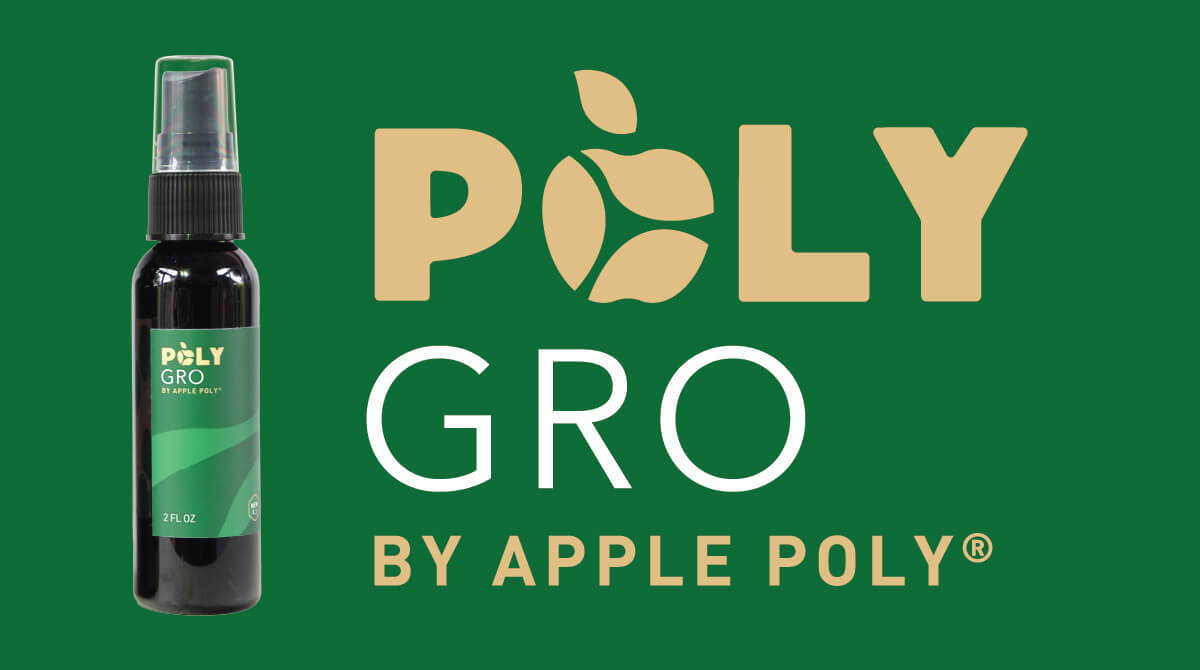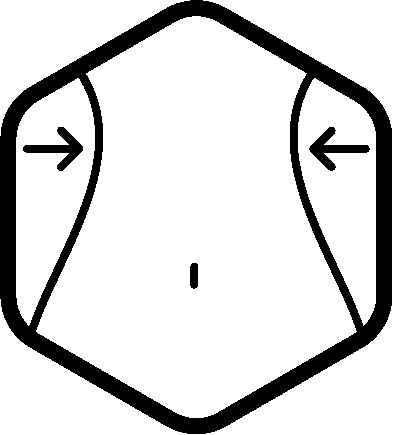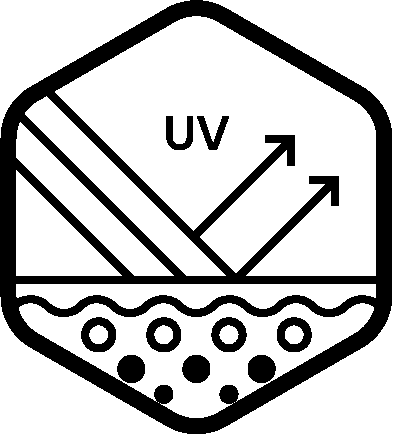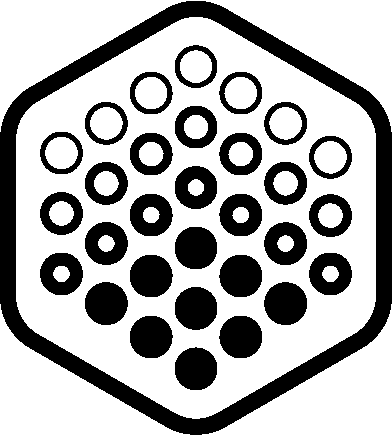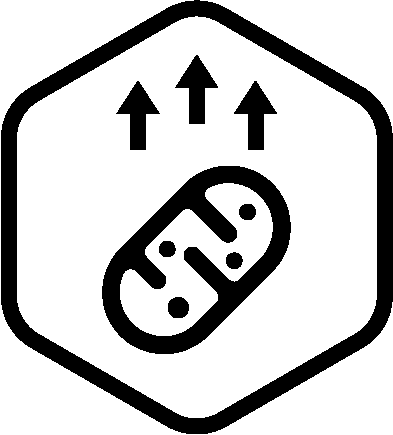Publication Date:
2018-01-01
Institutions involved:
- University of Naples “Federico II”, Department of Pharmacy, Naples, Italy
- Hospital Cardarelli, Department of Internal Medicine, Naples, Italy
- Coop. Samnium Medica, Benevento, Italy
Participants:
250 participants aged 30 to 83 years, 116 men and 134 women
Duration:
Clinical supplementation: 2 months of daily intake
Dosage:
400 mg/day of Annurca apple polyphenolic extract alone, and with added biotin, selenium, zinc
Learn more
Try Apple Poly Now
Key Takeaways:
This is the first human clinical trial showing clear, positive effects for hair growth in balding subjects using a dietary (oral) apple polyphenol extract.
After just two months, subjects showed measurable increases in hair growth, density, and keratin content—with no pharmaceuticals or topical application.
These results support the growing recognition that apple polyphenols function as gene modulators—not just antioxidants—inside living follicles.
Apple Poly Summary:
Why Is This Study Important? This study provides the first clinical evidence that oral supplementation with polyphenol-rich apple extract can enhance keratin biosynthesis and promote hair growth in humans. The dual in vitro and in vivo approach strengthens its credibility, and positions apple polyphenols as a safe and effective alternative to synthetic treatments.
You Should Know: This is the first human trial showing oral apple polyphenols outperform topical minoxidil in hair growth stimulation. This is solid proof of what we already knew - that polyphenol-rich apple extracts stimulate hair growth in male (and female) pattern baldness. Apple Poly® products contain far higher amounts of these active ingredients.
In Plain English: Scientists gave people a supplement made from a polyphenol-rich Italian apple. After two months, their hair grew thicker and stronger, and lab tests showed their skin cells made more keratin—the protein that builds hair.
For Medical Professionals: This randomized clinical trial demonstrated that oral administration of 400 mg/day of Annurca apple polyphenolic extract (AMS) significantly increased keratin expression in HaCaT cells and improved hair growth metrics in human subjects. The extract, rich in procyanidin B2, showed trichogenic activity without adverse effects, suggesting its potential as a nutraceutical intervention for alopecia.
Abstract:
Several pharmaceutical products have been formulated over the past decades for the treatment of male and female alopecia, and pattern baldness, but relatively few metadata on their efficacy have been published. For these reasons, the pharmaceutical and medical attention has recently focused on the discovery of new and safer remedies. Particularly, great interest has been attracted by oligomeric procyanidin bioactivity, able to promote hair epithelial cell growth as well as to induce the anagen phase. Specifically, the procyanidin B2, a dimeric derivative extracted from apples, has demonstrated to be one of the most effective and safest natural compounds in promoting hair growth, both in vitro and in humans by topical applications. By evaluating the polyphenolic content of different apple varieties, we have recently found in the apple fruits of cv Annurca (AFA), native to Southern Italy, one of the highest contents of oligomeric procyanidins, and, specifically, of procyanidin B2. Thus, in the present work we explored the in vitro bioactivity of AFA polyphenolic extract as a nutraceutical formulation, named AppleMets (AMS), highlighting its effects on the cellular keratin expression in a human experimental model of adult skin. Successively, testing the effects of AMS on hair growth and tropism in healthy subjects, we observed significant results in terms of increased hair growth, density, and keratin content, already after 2 months. This study proves for the first time the impact of apple procyanidin B2 on keratin biosynthesis in vitro, and highlights its effect as a nutraceutical on human hair growth and tropism.
Tenore, Gian Carlo, et al. “Annurca Apple Nutraceutical Formulation Enhances Keratin Expression in a Human Model of Skin and Promotes Hair Growth and Tropism in a Randomized Clinical Trial.” Journal of Medicinal Food, vol. 21, no. 1, 2018, pp. 90–103. https://doi.org/10.1089/jmf.2017.0016.

